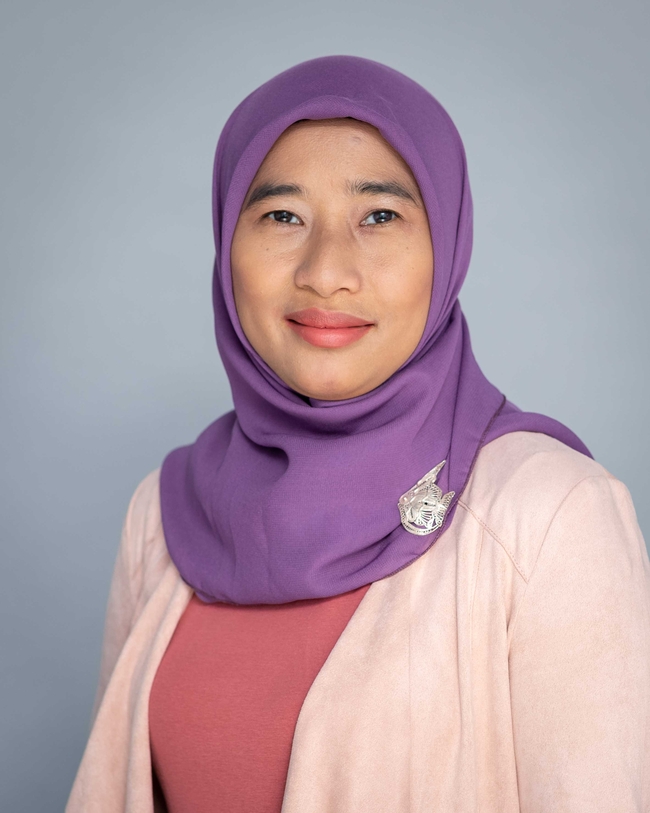Estradivari, a doctoral candidate in the 4D-Reef project at ZMT, is among the recipients of one of the World Wildlife Fund’s2023 WWF Russell E. Train Education for Nature (EFN) fellowships. The Indonesian scientist will receive the prestigious WWF Train Fellowship for Aspiring and Current Faculty to support her doctorate. She is among 17 outstanding conservation scientists chosen in this category.
According to WWF, this competitive fellowship “advances the development of a critical mass of outstanding and well-trained experts, natural and social scientists, and practitioners to increase conservation science and leadership”.
In her research, Estradivari is working on identifying a pathway to support the recognition of Other Effective Area-Based Conservation Measures (OECMs) for advancing marine conservation in Indonesia. She says: “I am delighted to have been selected as an EFN fellow by the WWF and to be part of this wonderful global community. Curbing the threats to marine ecosystems requires various tools and approaches, and OECMs have shown their huge potential to be adopted in Indonesia, a country that hosts the majority of the earth's marine biota. Thanks to this fellowship, I'll be able to delve deeper into this "new" conservation tool and provide science-based recommendations to help shape the OECM policy in Indonesia.”
This year, Estradivari, a member of the working group Fish Ecology and Evolution at ZMT, is among a total of 62 individuals and organizations from 26 countries across the globe who have been chosen for an EFN Fellowship and now joins EFN’s global community of more than 3,000 individuals and 600 institutions across 60 countries who are working to advance conservation, at every level, from research and fieldwork to executive and policy work.
About the WWF’s 2023 Russell E. Train Education for Nature (EFN) fellowships
Now in its 29th year, EFN has continued its legacy of providing financial support for the education, scientific research, and training of local leaders and institutions to steward their own natural resources. This year's cohort, selected through an annual multi-step rigorous assessment, will receive support through fellowships and grants totalling $1,197,365 for one to three years. These individuals and institutions will focus on a broad range of topics, from understanding fisheries and indigenous food systems in Bolivia, Myanmar, and Mozambique to community-based forest restoration in Nepal, Tanzania, and Paraguay.
More information: https://www.worldwildlife.org/stories/wwf-announces-the-2023-recipients-of-the-conservation-science-capacity-education-and-leadership-fellowships-and-grants





